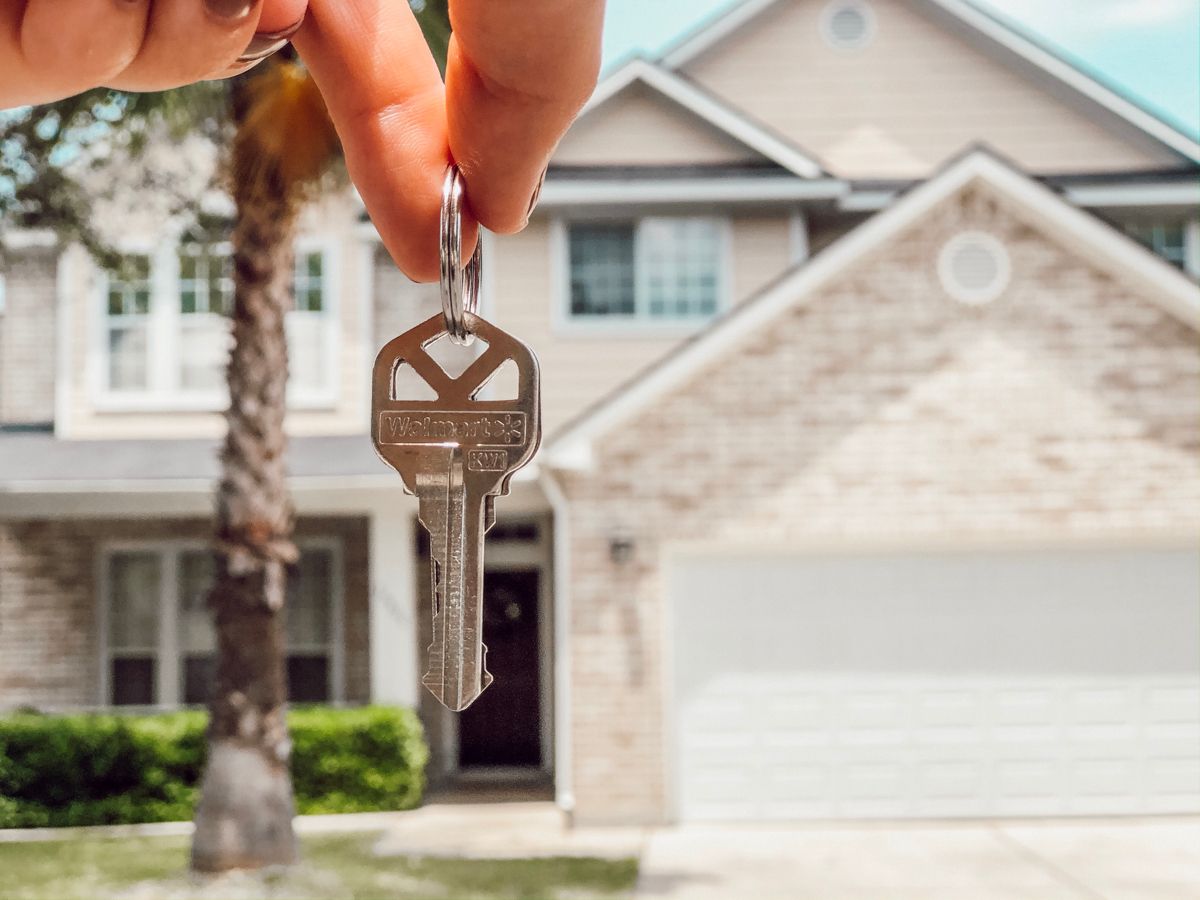Renting your first apartment or home is a significant step towards independence and adulthood. To help you navigate the process effectively, here’s a detailed guideline for first-time renters:
1. Determine Your Budget:
- Assess your financial situation, including your income, monthly expenses, and any existing debts.
- Establish a realistic budget that considers rent, utilities, groceries, transportation, and other essentials.
2. Save for Upfront Costs:
- Calculate your upfront costs, including security deposit, first month’s rent, and potential application fees.
- Start saving in advance to cover these expenses.
3. Define Your Needs and Wants:
- Create a list of what you need and want in a rental property.
- Prioritize factors like location, size, amenities, and proximity to work or school.
4. Search for Rental Listings:
- Explore online rental platforms, classified ads, and real estate websites to find available rental properties.
- Consider using rental apps and websites to streamline your search.
5. Attend Open Houses and Viewings:
- Visit properties that match your criteria to get a firsthand look.
- Ask questions about the lease terms, utilities, and any required maintenance responsibilities.
6. Check Your Credit Score:
- Request a copy of your credit report to check for errors and assess your creditworthiness.
- Work on improving your credit score if necessary.
7. Gather Required Documentation:
- Prepare essential documents such as proof of income, identification, rental references, and a completed rental application.
8. Apply for Rental Properties:
- Submit rental applications for properties you’re interested in.
- Be prepared to pay application fees and undergo background and credit checks.
9. Review Lease Agreements:
- Carefully read and understand the terms of the lease agreement, including rent amount, lease duration, security deposit details, and any rules or restrictions.
- Seek clarification on any unclear points before signing.
10. Inspect the Property:
- Conduct a thorough walkthrough of the rental unit before moving in.
- Document any existing damages or issues and inform your landlord to avoid disputes later.
11. Secure Renter’s Insurance: –
- Consider purchasing renter’s insurance to protect your belongings in case of theft, damage, or other unforeseen events.
12. Set Up Utilities:
- Contact utility companies to set up electricity, gas, water, internet, and any other necessary services.
- Ensure you understand how utility costs are billed and paid.
13. Understand Your Rights and Responsibilities:
- Familiarize yourself with tenant rights and responsibilities in your area.
- Learn about eviction laws, maintenance expectations, and dispute resolution procedures.
14. Communicate with Your Landlord:
- Maintain open and respectful communication with your landlord or property manager
- Report maintenance issues promptly and request repairs when needed.
15. Budget Wisely:
- Stick to your budget and ensure you pay your rent and utilities on time.
- Save for future expenses and emergencies.
16. Be a Good Neighbor:
- Respect your neighbors’ privacy and property.
- Follow community rules and be considerate of noise and other disturbances.
17. Plan for Moving Out:
- Understand the notice period required for moving out and communicate your intentions to your landlord.
- Leave the rental unit in good condition to ensure the return of your security deposit.
Renting your first home can be a rewarding experience if you’re well-prepared and informed. Always seek clarification on any doubts or concerns, and consider seeking legal advice when necessary. This guideline should help you navigate the process smoothly and confidently.

Leave a Reply